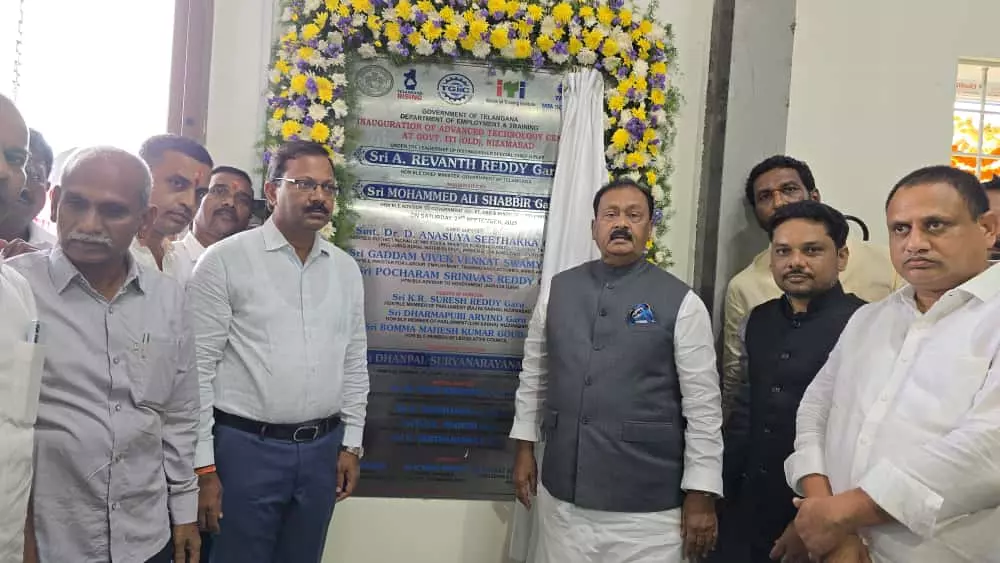By Ghana News
Copyright ghanamma

By Eunice Hilda A. Mensah
Accra, Oct.01, GNA – Mr Peter Frimpong Manso, the Lead Organiser, the Digital Assets Summit Africa (DASA) 2025, has called on Africa to lead with solutions that reflects its realities and aspirations and not be a bystander in the digital financial revolution.
“Around the world, digital assets are redefining how people pay, save, invest, and trade. Global adoption has already surpassed half a billion users. Meanwhile, central banks from Asia to Europe are rolling out digital currencies. If Africa waits too long, we risk being shaped by frameworks we did not help design,” he added.
Mr Frimpong Manso made the call at a two-day DASA 2025 held in Accra to create a trusted platform where policy, innovation, and investment converged to shape Africa’s place in the global digital economy.
The conversation around digital assets, he said was not just about technology, but also about inclusion, trust, jobs, and sovereignty.
“It is about ensuring that the farmer in Tamale, the trader in Accra, and the entrepreneur in Lagos can benefit from a system that is faster, safer, and more open,” he added.
Mr Frimpong Manso, also the Chief Executive Officer of Promark Elite Ltd, underscored that the urgency of adoption was clear and whether it was lowering the cost of remittances, unlocking new trade finance opportunities under Africa Continental Free Trade Area, or expanding access to credit through tokenised assets, digital finance could help to solve long-standing challenges that had held back Africa’s economies.
“But this will only happen if we work together with regulators, banks, innovators, and citizens, with shared vision and responsibility.
Mr Frimpong Manso who officially launched DASA as an annual platform, said it was a permanent fixture for Africa’s digital finance ecosystem and would continue to be the stage where policymakers, innovators, investors, and thought leaders gathered to chart the way forward.
Mr Harold Adlai Agyeman, the Ambassador and Permanent Representative of Ghana to the United Nations, speaking on the, “Impact of Digital Assets in Africa’s Burgeoning Market”, said an annual growth rate of 6.37 per cent was anticipated for 2025- 2026 and the user penetration rate was projected at 5.5 per cent for 2025 and 5.9 per cent for 2026.
By some projections, he said the digital assets market in Africa would reach US$5.6 billion by the end of year with nearly 76 million users by 2026.
However, it had placed aside total market capitalization of US$2.7 trillion in 2024, and a digital assets custody of around US$708 billion by the end of this year, adding that there was much room to grow.
Mr Agyeman noted that the scope for growth for the digital assets market on the continent of Africa was one that all must work towards, especially given that, thus far the market had been concentrated in key regional hubs like Nigeria, South Africa, Ethiopia, Kenya and Ghana.
“Even as institutional interest grows, fuelled by better infrastructure and evolving regulations, we continue to see a dominance of stablecoins in the African digital assets market, particularly those pegged to the US dollar, which accounts for nearly half of all digital transactions,” he said.
Africa, he noted was indeed experiencing a digital revolution, with mobile penetration, fintech adoption, and blockchain innovation accelerating.
“I believe that the digital assets spectrum remains relevant to deepen financial inclusion on the continent; facilitate the expansion of cross-border trade, in addition to the Pan-African Payments System of the African Continental Free trade Area, anchored on the AFRIEXIM Bank settlement system…,” he added.
Promark Elite Ltd, the organisation behind DASA is an African-owned company committed to curating platforms that bring together the best of thought leadership, innovation, and partnerships to advance sustainable growth.
In the years ahead, DASA anticipates evolving into more than a summit to becoming a network, a knowledge hub, and a catalyst for policy and investment collaboration across Africa.
Edited by Linda Asante Agyei



